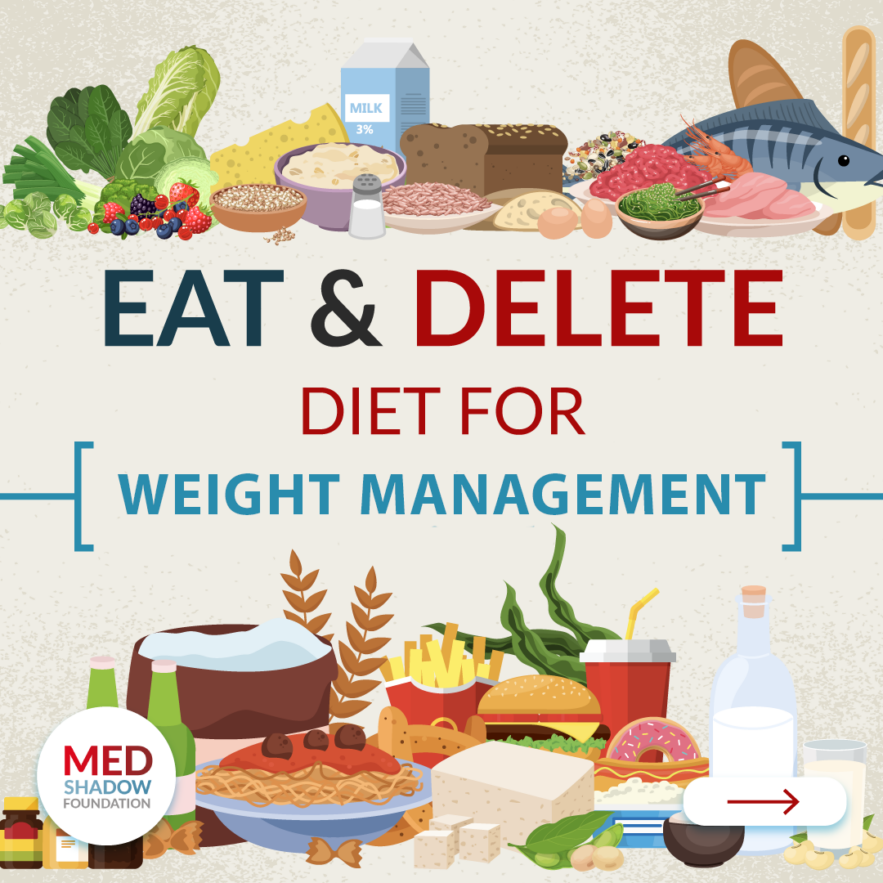In a multi-billion dollar industry, there are countless diet plans, products, and meal suggestions in a wide variety of platforms across the globe. If you’ve tried restrictive diets, lifestyle changes, and even trendy alternatives, but haven’t seen the scale move, you’re not alone.
Weight monitoring is incredibly important. Obesity can be a leading factor in conditions such as heart disease, diabetes, or high blood pressure. Weight can also increase risk factors for other chronic conditions, leading to a worsening of symptoms.
At the same time, while trends show that healthy weights are optimal for overall well being, people are unique. Certain conditions, such as Polycystic Ovarian Syndrome (PCOS) or hypothyroidism can create hormonal imbalances that can impact the numbers on the scale. Insulin resistance can result in additional pounds. With so many variables impacting your weight, it should be clear that no “one-size-fits-all” solution will work.
That said, there are a few factors that ring true for a majority of people. These factors can make or break a diet and lead to increased risk factors for problematic conditions. On the plus side, making these diet adjustments cannot often “hurt you” or have a negative effect. While weight loss plans often create a yo-yo weight, where weight may melt off but easily pack back on, changing your eating habits slowly and smartly can make a big difference in healthy outcomes.
So what habits can lead to weight gain? Let’s explore some factors that are common amongst all people of any age or size.
Remove Processed Foods From Your Diet
Let’s face it: Americans especially like things to be quick and easy. Buying, bringing home, washing, cutting, and storing vegetables, for example, can seem like a major chore, while those Hostess cupcakes are such an easy, individually packaged, sweet treat. We’re often on-the-go, and prefer simple solutions for meal planning and snacking.
But, these habits lead us to eating more and more processed foods.
“These [processed foods] often contain high levels of sugars, unhealthy fats, and preservatives,” warns Alison Acerra, registered dietician and MedShadow Health and Medical Advisory Panel Member. “If we take a closer look and see how they contribute to weight gain, it’s because these processed foods can lead to an overconsumption of calories.”
Acerra says that, because these processed foods are low in nutrients, but high in calories, it can cause an imbalance that can lead to weight gain over time.
Manage Your Stress Levels to Lose Weight
Acerra calls stress the “silent weight-gain trigger.”
“In our fast-paced lives, chronics stress can lead to emotional eating and inhibitive food choices,” she says. “When we’re stressed, our bodies release cortisol, a hormone that can increase appetite and cravings leading to excess intakes of sugary foods, artificially sweetened foods, high fat foods … ultimately contributing to weight gain.”
Find ways that work for you to reduce and manage your stress.
Get Quality Sleep
“Lack of sleep is more than just a mood disruptor,” says Acerra. “It actually plays a significant role in weight-management.”
During sleep, we give our body time to recover and rest. Deprivation from sleep can lead to an imbalance of our hormones which regulate hunger and fullness. These imbalances increase cravings for unhealthy foods.
In order to get a full night’s rest, you can apply a multitude of techniques from online apps for your phone, to meditation practices that may help you get to sleep faster and stay asleep longer.
Stay Hydrated to Lose Weight
Focusing on your intake of water each day can go a long way toward managing your weight.
“Dehydration can have surprising effects on our weight,” says Acerra.
From keeping you feeling fuller by suppressing your appetite, to putting your metabolism into action, there are plenty of benefits from drinking more water. Did you know that your body needs water in order to burn fats?
How much water your body needs will vary from person to person and can depend on weight, age, gender, and physical activity. The National Academies of Sciences, Engineering, and Medicine (NASEM) says studies show many adults can gauge their need for water intake by their level of thirst, while noting an average need being around 91 ounces for women and 125 ounces for men, each day.






